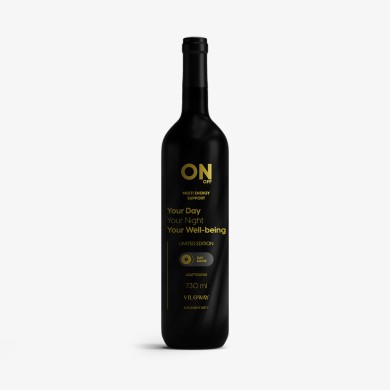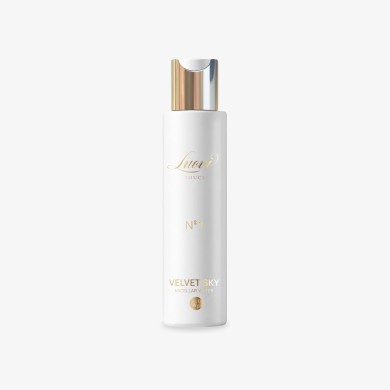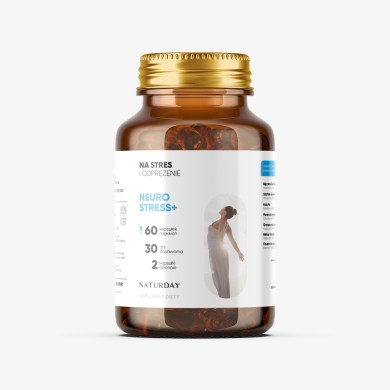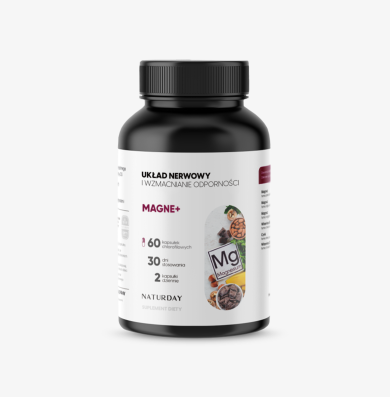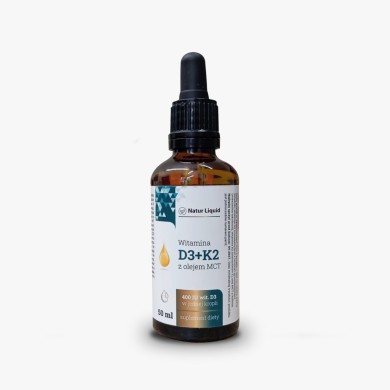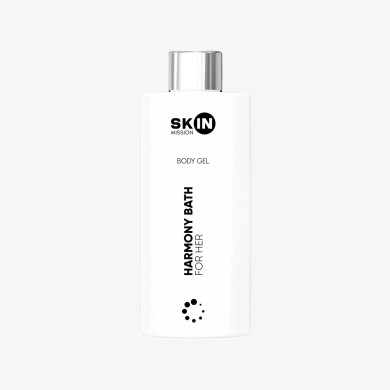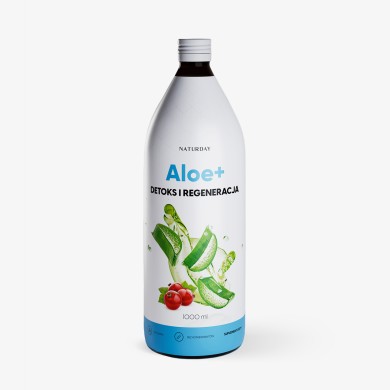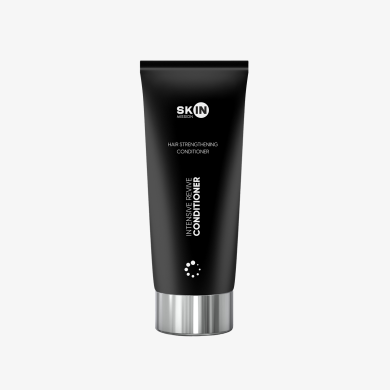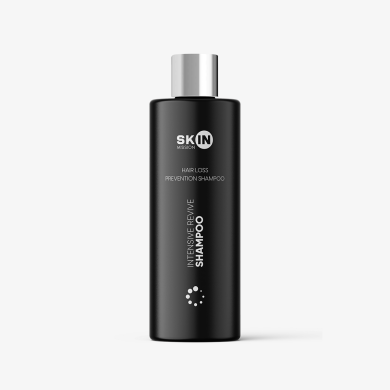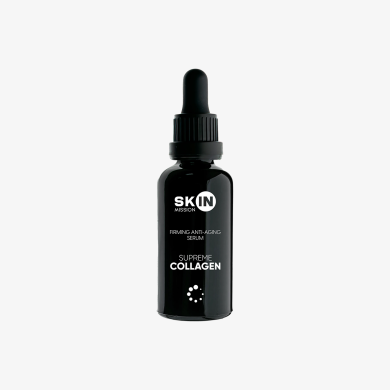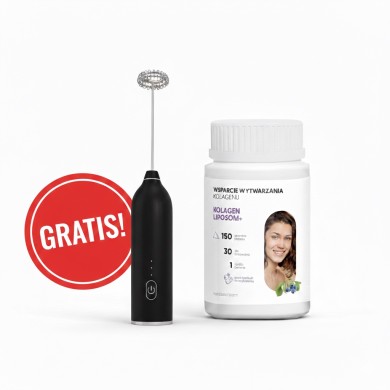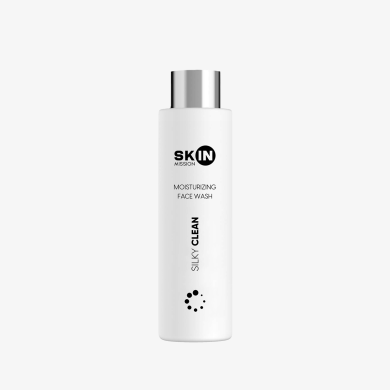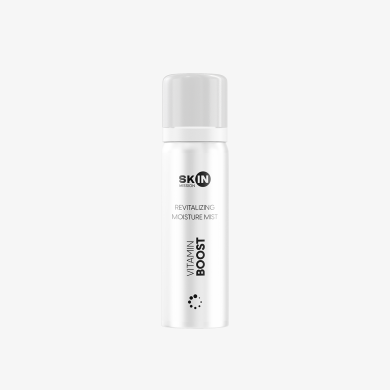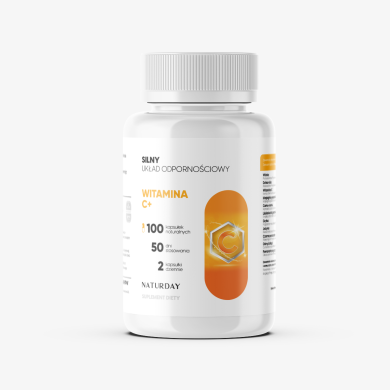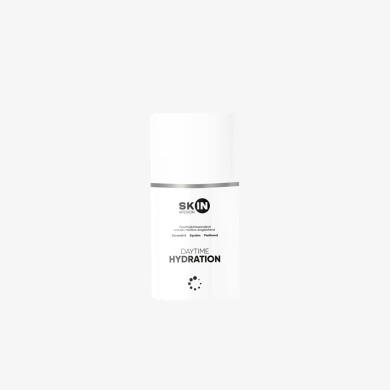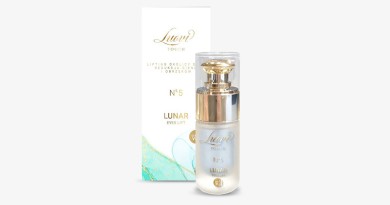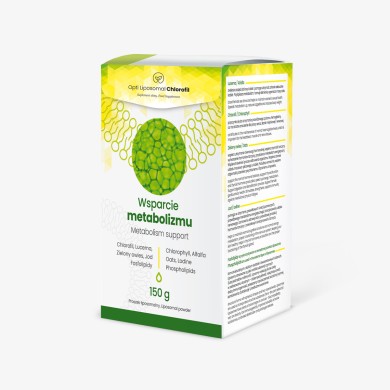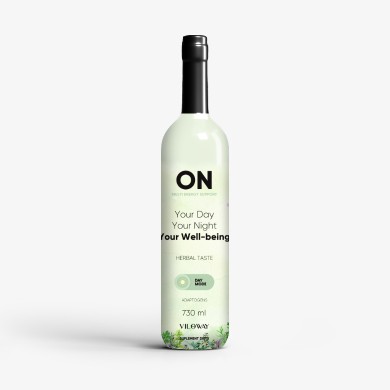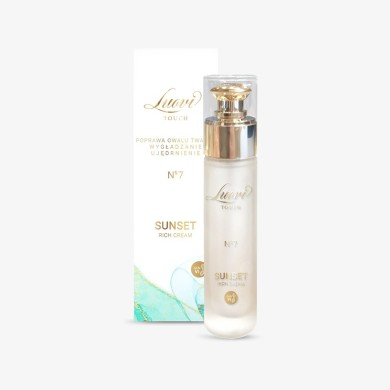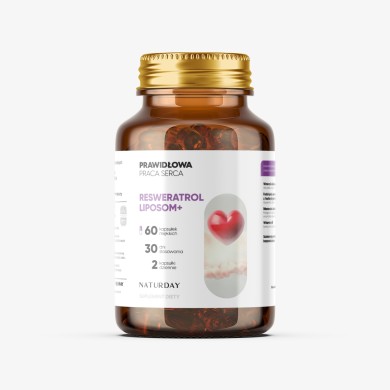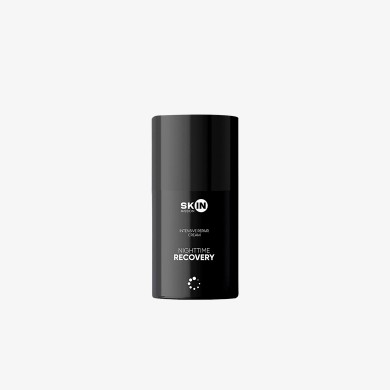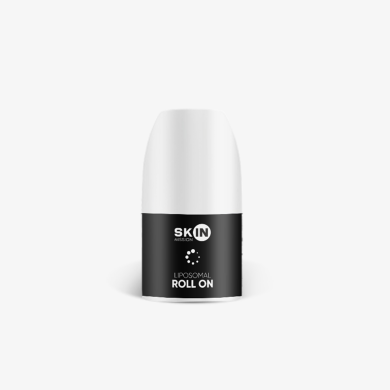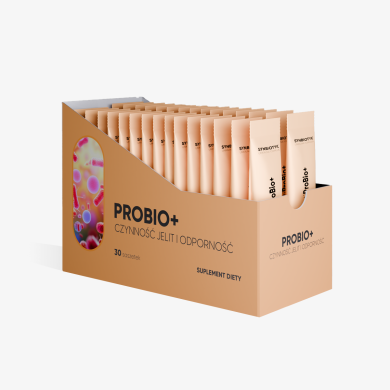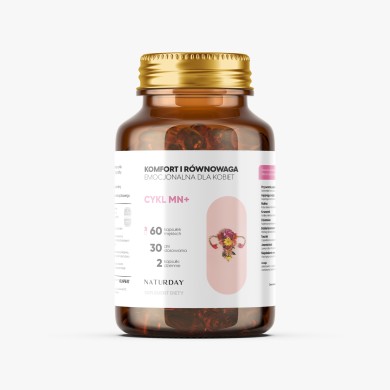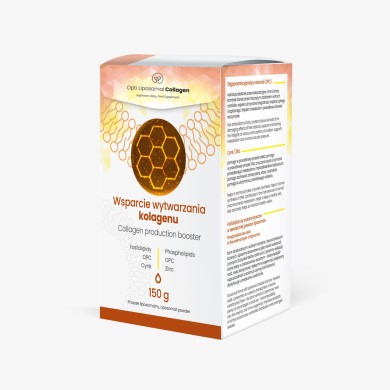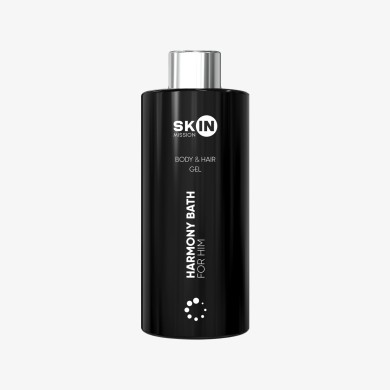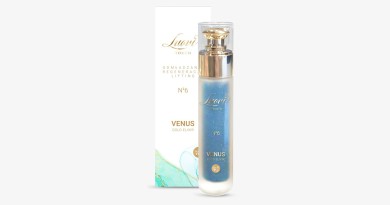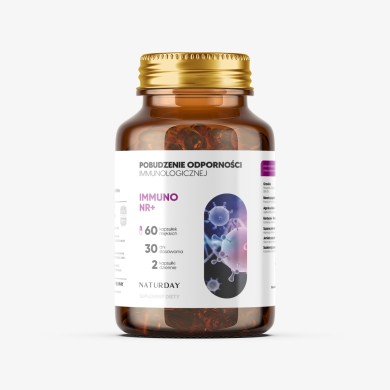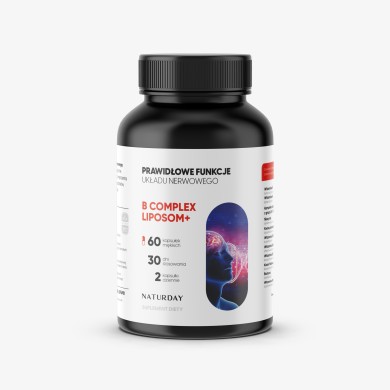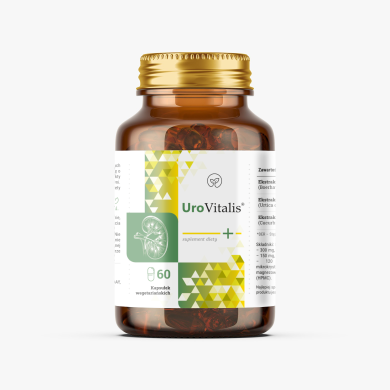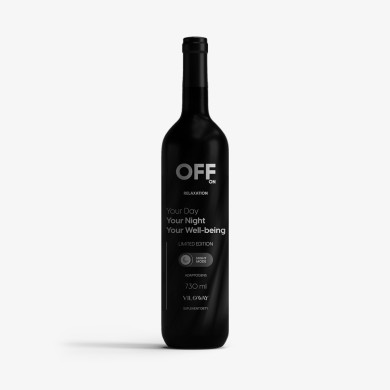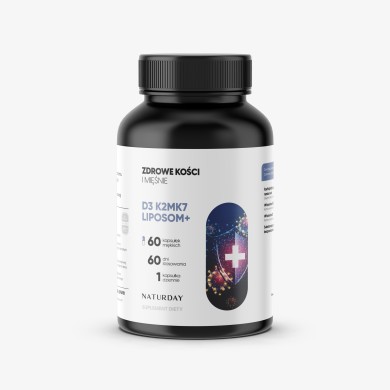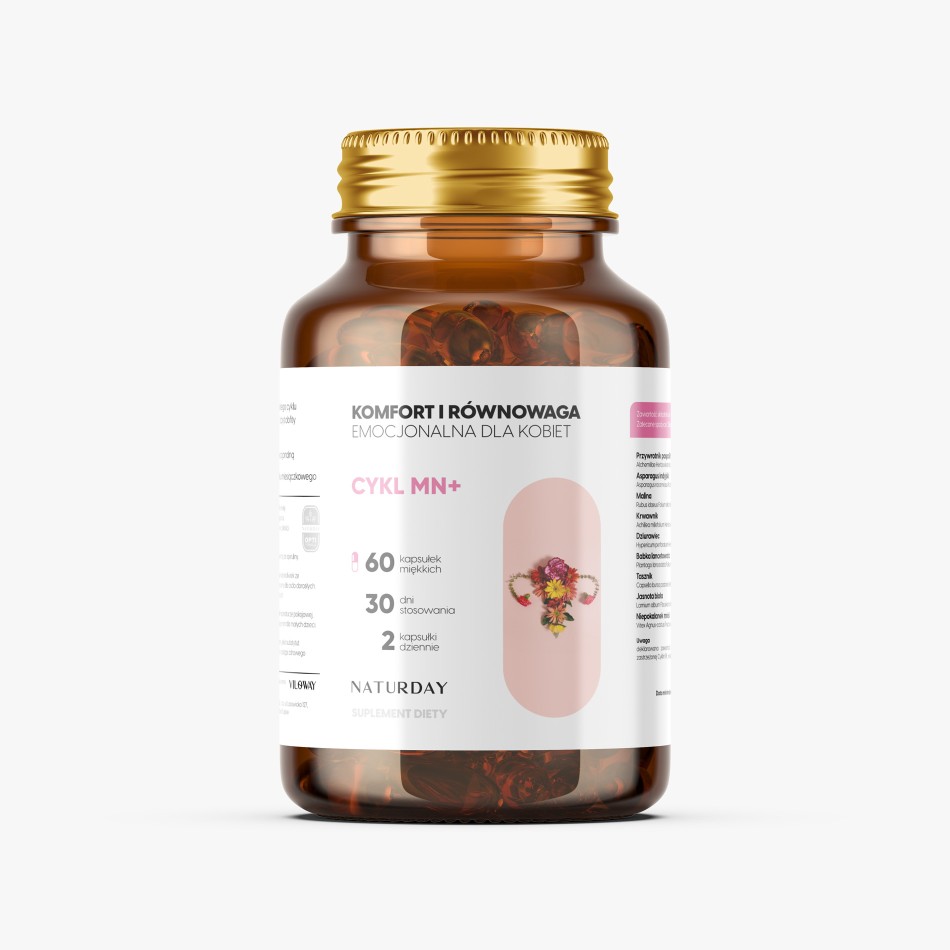Cycle MN+ contains nine carefully selected plant extracts with a documented tradition of use in menstrual cycle disorders. The key ingredient is Vitex agnus-castus (Monk's pepper fruit), which acts by influencing D2 dopaminergic receptors in the pituitary gland, leading to normalization of the FSH to LH ratio and supporting natural hormonal balance. A meta-analysis published in Planta Medica (2013) involving over two thousand women confirmed the effectiveness of Vitex in alleviating PMS symptoms, particularly irritability, mood swings and breast tension. Asparagus racemosus (Shatavari), from Ayurvedic tradition, acts as an adaptogen, supporting stress resilience and reproductive system function through its content of steroidal saponins and phytoestrogens. St. John’s wort has documented effects in mild to moderate depression by inhibiting the reuptake of serotonin, dopamine and noradrenaline, which may support better emotional well-being during the cycle.
The formula requires a minimum of three months of regular use for a full assessment of effects, as the plants act gradually, supporting the natural restoration of hormonal balance. Critically important: St. John’s wort induces cytochrome P450 enzymes, which may reduce the effectiveness of hormonal contraception by approximately 50% and interact with antidepressants, immunosuppressants and many other medications - medical consultation is absolutely necessary before starting supplementation. Cycle MN+ is a dietary supplement, not a medication - serious menstrual disorders (amenorrhea, very heavy bleeding, intermenstrual bleeding, severe pain) should always be evaluated by a gynecologist to rule out conditions such as fibroids, endometriosis, PCOS or thyroid disorders requiring medical treatment.
Cycle MN+ is a dietary supplement, not a medication. It does not replace medical treatment or professional diagnosis. In the case of serious cycle problems, severe pain, very heavy or irregular periods, always consult a gynecologist before starting supplementation.
